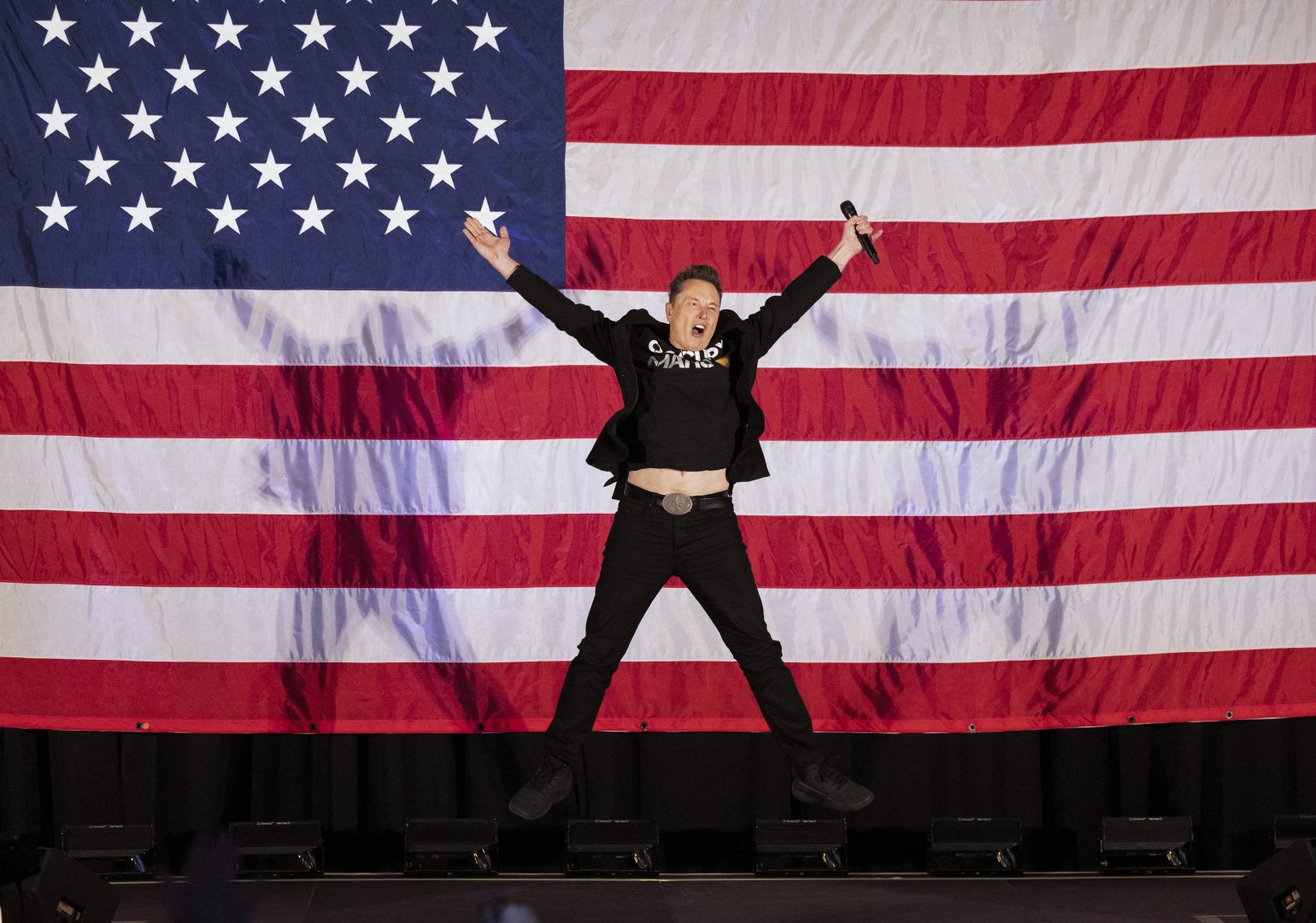

ლევან კოკაია
Characteristics of shareholders’ lawsuits and some recommendations to improve appropriate legislative mechanism

1. Existing regulation of the shareholders’ lawsuit
According to the law of Georgia on “entrepreneurs”: “If a joint-stock company does not assert its claim against any third party, a shareholder may instead, and on benefit of the company, lodge a suit on his/her behalf for the fulfillment of that claim. Such shareholder shall be deemed a proper claimant, if the company does not file an action against the third party within 90 days after receiving a written request to that effect, or fails to prove that such an action prejudices the interests of the company”. (First and second sentences of the 5th clause of article 53).
The purpose of the mentioned legal norm is the following:
- Protecting interests of a stable civil turnover, as the focus is on the legal claim, which may be arisen by the shareholder against any external, third party. Such a third party may be a supplier of goods and/or services, a customer of a company, financial institute, etc. Typically, in such disputes, company’s representative is its director, but according to the quoted legal norm, the claimant is one of the shareholder and not the director of the company;
- To compensate the damage, which may be suffered company because of the possible braking of the fiduciary duties of the director;
In any case, during this lawsuits claimant shareholder represents on behalf of the company’s interests and not his/her personal interest.
2. The addressees of the lawsuit
An addressee of the lawsuit is the third party. Under the “third party”, law on “entrepreneurs “does not mean the representative of the supervisory board and/or directorate and such party may be the person or private entity, which has definite economical and legal links with the company (for instance the supplier of the company). Accordingly, the lawsuit against such third party does not mean the dispute, which is arisen between the members of the intercorporate members.
Contrary to this, according to the practice of the Supreme Court of Georgia the quoted legal norm works during the shareholders’ lawsuits, where the addressee of this claim is the director of the company instead of the third party. Legal doctrine knows such claims as the derivative (composed) claims. Directors usually conduct such lawsuits, but in case of the shareholder considers that, the company’s director has violated his/her “fiduciary duty” as a director, the company’s shareholder may present the claim on behalf of the company against the director.
If we take into account the fact that in Georgian corporate law and corporate governance practice “third party” is not a member of any corporate governance actors of the company, the following question arises, – why the director of the company is considered under the third party? It is possible that the legislature has converted all possible addressees of the shareholder’s claim within one article.
3. Prerequisites of starting the lawsuit
There are two preconditions for initiating shareholder’s lawsuit: to present the written request to the company in order to arise the lawsuit and company’s inactivity to arise such lawsuit. Inactivity should last within 90 days from presenting this request and it means not to start the lawsuit against the third party.
In the law, there is no answer to the question: which corporate body presents the “company”, which should consider such request? Particularly, it is shareholders’ general meeting, supervisory board or an executive board. This issue may arise several misunderstandings in the practice.
If the existing practice says that the third party may also be the director and the shareholder is going to arise lawsuit against him/her, it is clear that the director will not approve such request. In parallel, if the third party as an addressee of the claim is not the member of any corporate body, an issue concerning to consider such request, which represents the company still remains uncertain.
The situation will be more complicated if the shareholder wants to arise a lawsuit against several directors and/or against such director/directors, who is also a member of the supervisory board and/or member of shareholders’ general meeting.
In companies where the legislation compulsorily requires establishing a supervisory board, it would be interesting to involve the supervisory board in this process, because as a rule the supervisory board appoints and dismisses directors and controls their activity. The role of the supervisory board in such companies is not nominal, at least for the reason that the logic of the law, by which it has determined the mandatory criteria for the establishment of the supervisory board, is solid.
In such a case, it would be better to arise the derivative lawsuits against the director either by the initiative of the supervisory board or by the initiative of the shareholder’s general meeting. During consideration of this issue, the shareholder’s general meeting should have a written opinion of the supervisory board, which should have a recommended and not the obligatory power. Subsequently, the process of the lawsuit becomes easier to consider such case, because in case of the existence of the supervisory board, as a rule, this board controls directors and it is more informed body than the shareholder’s general meeting.
According to the quoted norm, the 90-day period for obtaining the consent is illogical, as many things may change during this period. For example, there is a risk that someone (maybe third party/director, possible witness) destroys, disfigures and/or modifies possible vital evidences against him/her and/or creates different problematic circumstances that would complicate the effectiveness to find the authenticity of the case. 3 months is a quite comfort period for such illegal or similar possible actions.
Another problem is that, as a rule, such lawsuits are arisen by the minority shareholders and there is a different risk for them not to get the positive approval from the company to start a lawsuit.
In one of the decisions of the Supreme Court of Georgia is an explanation, which supports this opinion. According to this explanation: “There is an opinion in the scientific doctrine that if a shareholder appeals to the partners’ general meeting and refuses to start a lawsuit, it may deprive the shareholder’s right to start a lawsuit. Therefore, if it is clear that it would not have an effect to appeal to the partner’s general meeting; it should not be a precondition for the admissibility of such a claim. Moreover, the right of the minority partners to protect the interests of the company by initiating a derivative lawsuit would be out of practical accomplishment”. (Case N: AS-687-658-2016. 06 Nov. 2018).
4. Some recommendations
Due to the considerations, described in this article, I present several recommendations:
- It is necessary to clarify which corporate body has a right to approve or not approve the shareholder’s request in order to become an appropriate claimant during the derivative lawsuit. “The company” which currently considers such request is a general definition. The separate articles or clauses should regulate the classification of the addressees (claim against the director, member of the supervisory board and claims against the third party, which is not the representative of the supervisory and/or executive board);
- If the company has a supervisory board and the director is the addressee of the lawsuit, the initiator of the lawsuit may be either the supervisory board or a shareholder who would have a written opinion of the supervisory board before initiating the lawsuit;
- If the company does not have a supervisory board and the lawsuit should be started against the director, as a precondition to start such lawsuit should be shareholder’s request presented directly to the shareholder’s general meeting instead of the “company”;
- If the addressee of the lawsuit is a member of the supervisory board, analogically, as a precondition to start such lawsuit should be shareholder’s request presented directly to the shareholder’s general meeting instead of the “company”;
- If the addressee of the claim is a third party, as a precondition to start such lawsuit should be shareholder’s request presented directly to the board of directors and in some cases to the supervisory board or shareholder’s general meeting. Which corporate body has a right to consider such request should be depended on the amount of the subject matter of the lawsuit.
- In any case, an appropriate corporate body should consider shareholder’s request less than 90 days.
Levan Kokaia – Lawyer.
ლევან კოკაია - აქვს სამართლის მაგისტრისა და სახელმწიფო მართვის მაგისტრის აკადემიური ხარისხი, იგი არის ჩეხური ენერგეტიკული ჰოლდინგის სს „ჯეენ სიჯეი ა.ს“-ის ჯგუფში შემავალი ჰიდროელექტროენერგეტიკული კომპანიის კორპორაციული იურისტი, ამავდროულად ორმოცდაათი გამოქვეყნებული პუბლიკაციის ავტორი და საქართველოს საზოგადოებრივ საქმეთა ინსტიტუტის (GIPA)-ს მოწვეული ლექტორი და ტრენერი.
გააზიარე
ავტორის სხვა მასალა


მსოფლიოში ყველაზე გავრცელებული პაროლები

მსოფლიოს 10 უმდიდრესი ადამიანი (2025 წლის ივლისი)

საქართველოს ბანკსა და პარტნიორ ბანკებს შორის მომენტალური გადარიცხვების მეთოდის დასანერგად თანამშრომლობის მემორანდუმი გაფორმდა

რა ღირს ბინები თბილისის სხვადასხვა უბანში?

